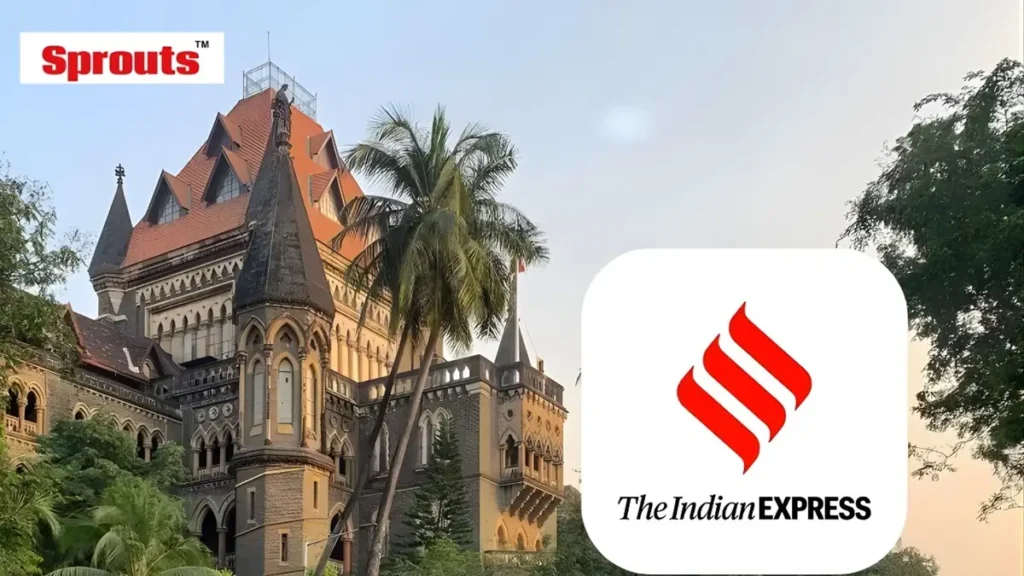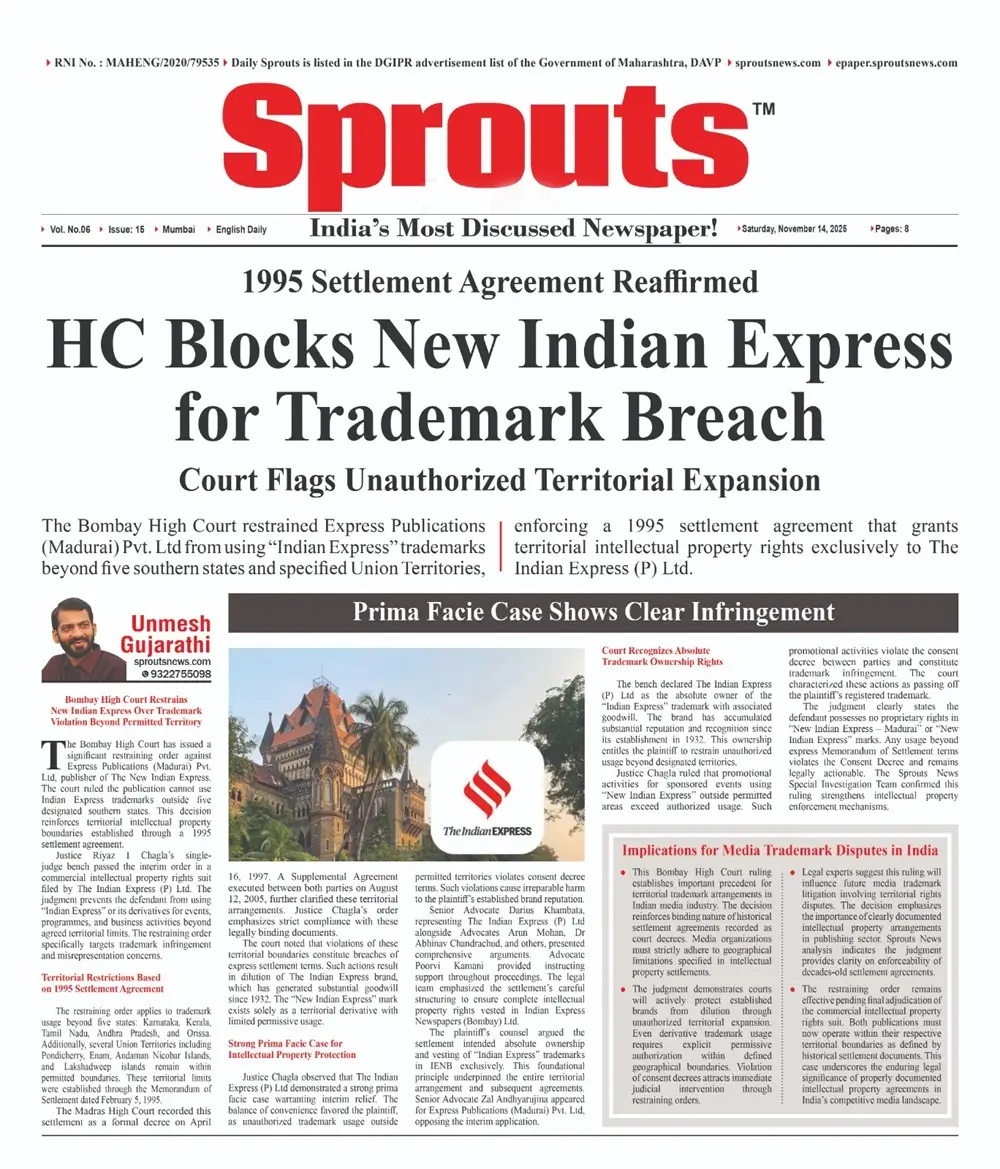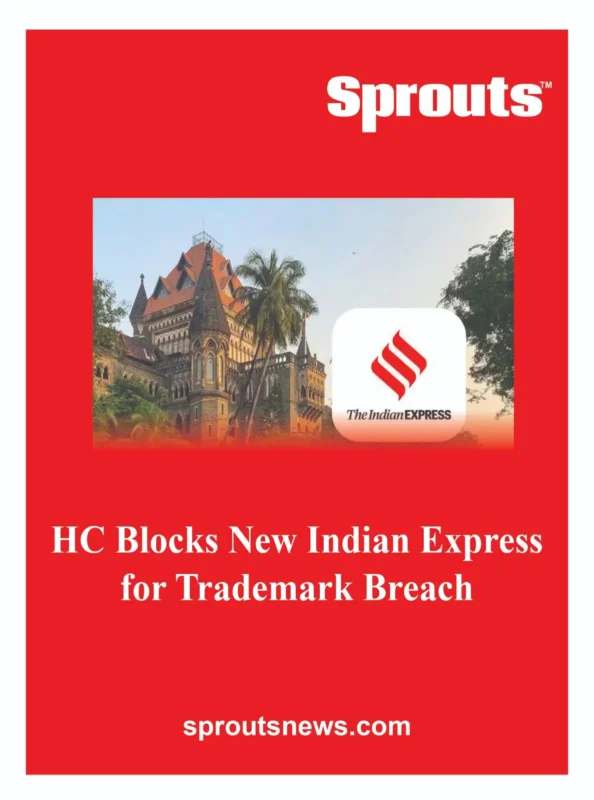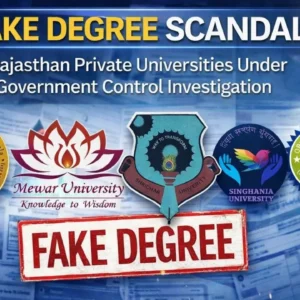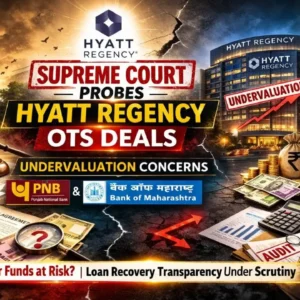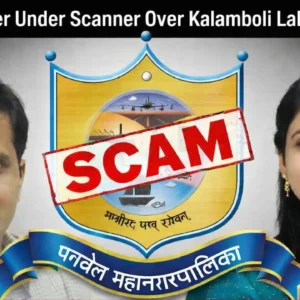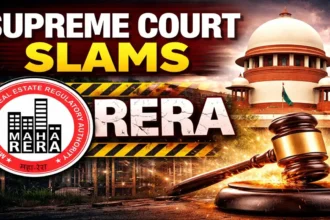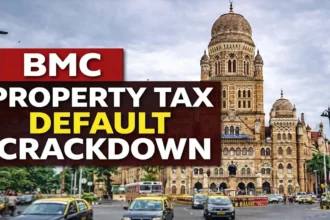Bombay High Court Restrains New Indian Express Over Trademark Violation Beyond Permitted Territory
• Territorial Restrictions Based on 1995 Settlement Agreement
• Strong Prima Facie Case for Intellectual Property Protection
• Bombay High Court restrains New Indian Express
The Bombay High Court has issued a restraining order against Express Publications (Madurai) Pvt. Ltd, publisher of The New Indian Express, for violating territorial trademark boundaries. Under a 1995 settlement agreement, the company is barred from using “Indian Express” trademarks outside five southern states and select Union Territories. Justice Riyaz I. Chagla’s interim order upholds territorial intellectual property rights, preventing the publication from using the name for events, programmes, and business activities beyond the agreed jurisdiction.
- Bombay High Court Restrains New Indian Express Over Trademark Violation Beyond Permitted Territory
- • Territorial Restrictions Based on 1995 Settlement Agreement
- • Strong Prima Facie Case for Intellectual Property Protection
- • Bombay High Court restrains New Indian Express
- Bombay High Court Restrains New Indian Express Over Trademark Violation Beyond Permitted Territory
- Territorial Restrictions Based on 1995 Settlement Agreement
- Strong Prima Facie Case for Intellectual Property Protection
- Court Recognizes Absolute Trademark Ownership Rights
- Implications for Media Trademark Disputes in India
Click Here To Download the News Attachment
Bombay High Court Restrains New Indian Express Over Trademark Violation Beyond Permitted Territory
The Bombay High Court has issued a significant restraining order against Express Publications (Madurai) Pvt. Ltd, publisher of The New Indian Express. The court ruled the publication cannot use Indian Express trademarks outside five designated southern states. This decision reinforces territorial intellectual property boundaries established through a 1995 settlement agreement.
Justice Riyaz I Chagla’s single-judge bench passed the interim order in a commercial intellectual property rights suit filed by The Indian Express (P) Ltd. The judgment prevents the defendant from using “Indian Express” or its derivatives for events, programmes, and business activities beyond agreed territorial limits. The restraining order specifically targets trademark infringement and misrepresentation concerns.
Territorial Restrictions Based on 1995 Settlement Agreement
The restraining order applies to trademark usage beyond five states: Karnataka, Kerala, Tamil Nadu, Andhra Pradesh, and Orissa. Additionally, several Union Territories including Pondicherry, Enam, Andaman Nicobar Islands, and Lakshadweep islands remain within permitted boundaries. These territorial limits were established through the Memorandum of Settlement dated February 5, 1995.
The Madras High Court recorded this settlement as a formal decree on April 16, 1997. A Supplemental Agreement executed between both parties on August 12, 2005, further clarified these territorial arrangements. Justice Chagla’s order emphasizes strict compliance with these legally binding documents.
The court noted that violations of these territorial boundaries constitute breaches of express settlement terms. Such actions result in dilution of The Indian Express brand, which has generated substantial goodwill since 1932. The “New Indian Express” mark exists solely as a territorial derivative with limited permissive usage.
Strong Prima Facie Case for Intellectual Property Protection
Justice Chagla observed that The Indian Express (P) Ltd demonstrated a strong prima facie case warranting interim relief. The balance of convenience favored the plaintiff, as unauthorized trademark usage outside permitted territories violates consent decree terms. Such violations cause irreparable harm to the plaintiff’s established brand reputation.
Senior Advocate Darius Khambata, representing The Indian Express (P) Ltd alongside Advocates Arun Mohan, Dr Abhinav Chandrachud, and others, presented comprehensive arguments. Advocate Poorvi Kamani provided instructing support throughout proceedings. The legal team emphasized the settlement’s careful structuring to ensure complete intellectual property rights vested in Indian Express Newspapers (Bombay) Ltd.
The plaintiff’s counsel argued the settlement intended absolute ownership and vesting of “Indian Express” trademarks in IENB exclusively. This foundational principle underpinned the entire territorial arrangement and subsequent agreements. Senior Advocate Zal Andhyarujina appeared for Express Publications (Madurai) Pvt. Ltd, opposing the interim application.
Also Read: Rahul Timbadia’s La Tim Group Under Fraud Investigation.
Court Recognizes Absolute Trademark Ownership Rights
The bench declared The Indian Express (P) Ltd as the absolute owner of the “Indian Express” trademark with associated goodwill. The brand has accumulated substantial reputation and recognition since its establishment in 1932. This ownership entitles the plaintiff to restrain unauthorized usage beyond designated territories.
Justice Chagla ruled that promotional activities for sponsored events using “New Indian Express” outside permitted areas exceed authorized usage. Such promotional activities violate the consent decree between parties and constitute trademark infringement. The court characterized these actions as passing off the plaintiff’s registered trademark.
The judgment clearly states the defendant possesses no proprietary rights in “New Indian Express – Madurai” or “New Indian Express” marks. Any usage beyond express Memorandum of Settlement terms violates the Consent Decree and remains legally actionable. The Sprouts News Special Investigation Team confirmed this ruling strengthens intellectual property enforcement mechanisms.
Implications for Media Trademark Disputes in India
This Bombay High Court ruling establishes important precedent for territorial trademark arrangements in Indian media industry. The decision reinforces binding nature of historical settlement agreements recorded as court decrees. Media organizations must strictly adhere to geographical limitations specified in intellectual property settlements.
The judgment demonstrates courts will actively protect established brands from dilution through unauthorized territorial expansion. Even derivative trademark usage requires explicit permissive authorization within defined geographical boundaries. Violation of consent decrees attracts immediate judicial intervention through restraining orders.
Legal experts suggest this ruling will influence future media trademark litigation involving territorial rights disputes. The decision emphasizes the importance of clearly documented intellectual property arrangements in publishing sector. Sprouts News analysis indicates the judgment provides clarity on enforceability of decades-old settlement agreements.
The restraining order remains effective pending final adjudication of the commercial intellectual property rights suit. Both publications must now operate within their respective territorial boundaries as defined by historical settlement documents. This case underscores the enduring legal significance of properly documented intellectual property agreements in India’s competitive media landscape.


